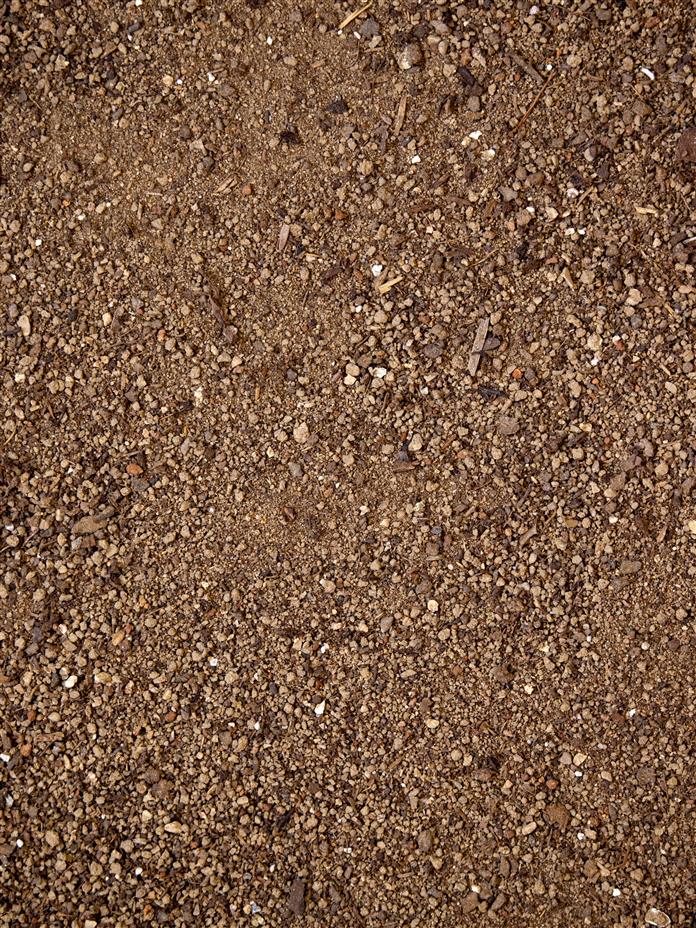
Tap to Read ➤
Daucus Carota Seeds
Leena Palande


Daucus carota is native to North America, Australia, and southeast Asia. It is also known as wild carrot or Queen Anne's lace. This story provides information on the life cycle of this plant, along with the properties and uses of its seeds, fruits, and flowers.



The delicate white flowers of Daucus carota are usually seen in the roadside fields of the Eastern US. The overall appearance of the flower is white or near to white, but the central floret is purple in color. There are many stories behind the name "Queen Anne's lace", for this plant.

One of them says that, Queen Anne pricked her finger with a needle, and shed a drop of blood on the plant, thereby giving it a purple-colored flower in the center. The young roots of this plant are white, edible, and taste exactly like cultivated carrots, hence the name 'wild carrot'. However, the roots quickly become too woody to consume.

Facts
- This plant belongs to the family Apiaceae.
- Daucus is the genus name, while carota is the species name. It is commonly known as Queen Anne's lace.
- These plants can grow up to a height of 24 - 36 inches (60 - 90 cm).
- While planting, the spacing between the plants should be 9 - 12 inches (22 - 30 cm).

- The plants grow well, if the climate is sunny. They also grow well in partial shade.
- The fruit of this plant is small, oval, somewhat flattened, and pale dull-brown in color.

- The plant shows herbaceous foliage.
- Neutral to alkaline soil pH is necessary for good growth of this plant.
- The seeds are allowed to dry in the seed-heads on plants, and then only they are harvested.
- The plant can grow from seeds, or by direct plantation in fall.

- The life cycle of the plant can be described as 'biennial', which means that the plant has a life cycle that takes two seasons to complete. Flowering biennials usually bloom and fruit in the second season.
Uses
- The seeds have been used for birth control for more than 2000 years. A teaspoon of crushed seeds may be used as an effective oral contraceptive. There are some studies which suggest its effect on mice, where it blocks progesterone synthesis.
- It might play an important role in the prevention of cancer, diabetes, dyspepsia, gout, and heart disease. The roots are also used to treat tumors, cancerous ulcers, cancerous wounds, tumors of the testicles, mammary carcinoma, and skin cancer.
- The seeds are used due to their aromatic, carminative (flatus-relieving), emmenagogue (helping menstruation), and stimulant properties. The seeds work great for dropsy, chronic dysentery, kidney ailments, and worms.
- The juice of the root can also be used to treat cancerous ulcers of the neck and uterus, cancer of the bowels, and stomach cancer. Scraped roots can also be used for curing ulcers.
- The seeds of this plant exhibit bactericidal properties, and help prevent any kind of infection by curbing the growth or the action of microorganisms.
- The seeds show diuretic effect, and help the body to get rid of toxins through increased flow of urine.
- The seeds are considered hypotensive in nature, and can help lower the blood pressure.
- The seeds are used as an aphrodisiac and nervine tonic, and for relieving uterine pain.
- Since the seeds have diuretic property and enhance the process of elimination of uric acid, they are included in gout diet.
- The roots of this plant act as a cooling or soothing agent, and are used in the form of an infusion for the treatment of threadworm.
- It is believed that the tea made from this plant helps maintain low blood sugar level.
- Its seeds are recommended for calculus, obstructions of the viscera, dropsy, jaundice, scurvy, etc.
Extreme care needs to be taken while collecting the seeds from 'Daucus carota' plant, as it bears close resemblance to a dangerous species called 'Water Hemlock'. Moreover, the leaves of the wild carrot can cause phytophotodermatitis in some people, which is why they should be handled carefully.
Disclaimer: This story is for informative purposes only and does not in any way attempt to replace the advice offered by an expert on the subject.